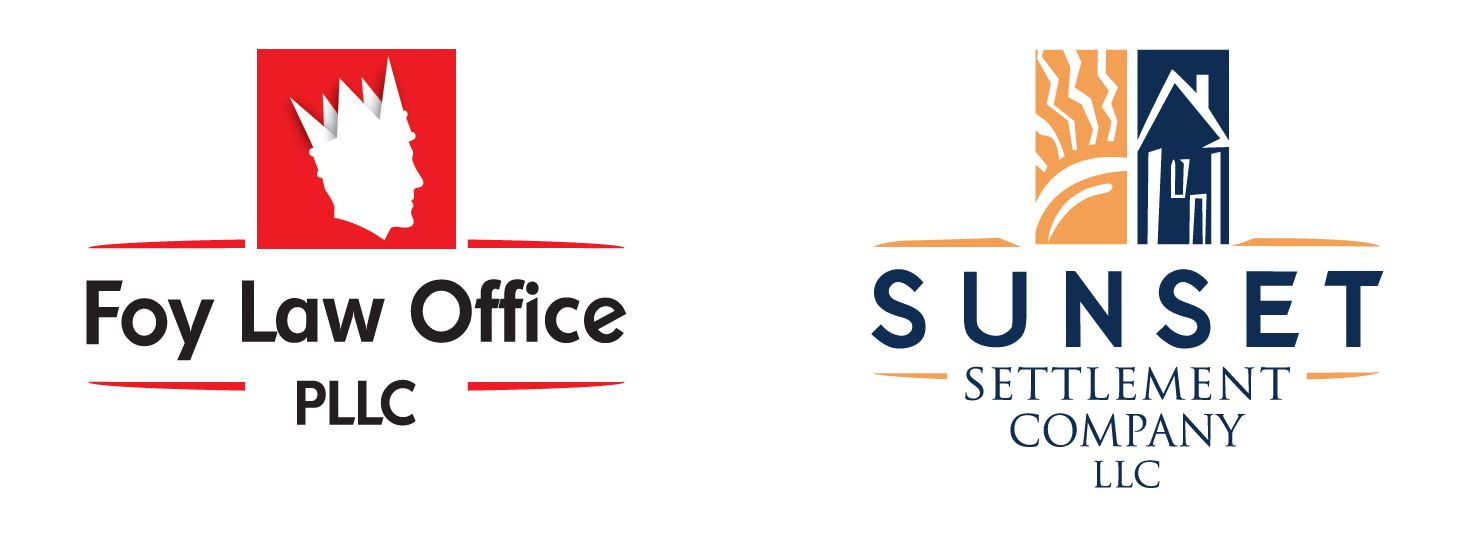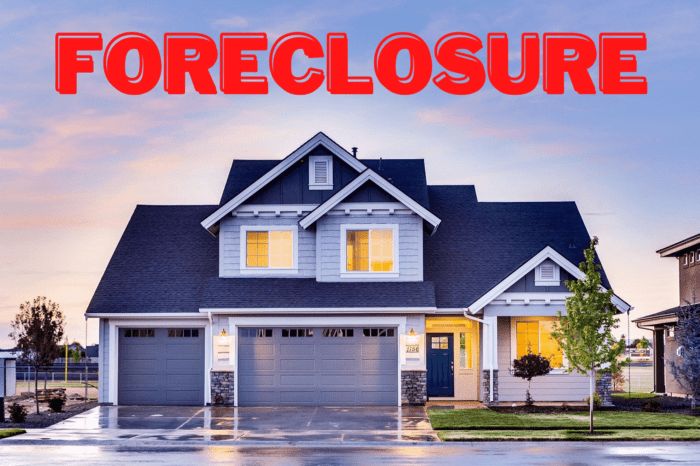After twenty seven years as a busy practicing attorney — what John Grisham likes to call a “street lawyer” — my phone never stops ringing. The calls range between property closings, estate planning, miscellaneous legal matters and of course my treasured social calls. Lately I have noticed possibly a slight uptick in foreclosure-related distress calls which has me wondering — what’s going on here?
Let’s begin by “keeping things real” — we are not in a foreclosure crisis, not even close. The numbers don’t lie — foreclosure rates are at their lowest level in over 20 years. And compared to other states, New England fares well with only scattered foreclosure filings. Not surprisingly, Nevada leads the nation in foreclosure filings, but New Hampshire and Massachusetts are #36 and #24 on that list respectively. Vermont, where I have been admitted to practice law since 2018, is #47 on that list — way to go Vermont!
So nationally the foreclosure numbers are down, as they are regionally, but a portion of that decrease can be attributed to the COVID-19 moratorium on foreclosures which had been in place from March 18, 2020 through July 31, 2021. So if those foreclosure numbers are starting to drift upwards my theory as to why would be the lifting of the moratorium. The end of the moratorium means that banks will begin aggressively repossessing homes from borrowers in default. Since the ban went into effect nearly two years ago, that’s likely to be a statistically significant number of foreclosures, what economists like to call a “jump.” Additionally, the moratorium ended last July, so if the numbers are starting to climb now that lines up with the foreclosure timetable which averages out at approximately nine months.
What else is going on here? We have the cessation of the moratorium as one driver of this trend, but we also have the pandemic itself, which has caused massive economic devastation and considerable loss of life. Many breadwinners were unemployed, fell ill or perished as a result of the pandemic, and dependents have in some cases been unable to fill that void and pay the mortgage. Those are probably the calls that I’m starting to see — the head of the household has either passed or been sidelined financially, and the mortgage is no longer current and family members aren’t able to close the gap.
Nobody wants to leave or vacate the family manse, so families will try to hang on to their homes for as long as possible, and they should. There is a paucity of good buys and rentals in the real estate market currently, so there is a certain logic to staying put — IF you can.
But what if you can’t afford to stay put, what if the mortgage arrearage is too steep? Then in that case at least consider this: if you sell this home now, in this market, you are going to make a bundle!
And the reason why you will make a bundle selling that home ahead of the falling gavel of foreclosure is because there is scant housing inventory coupled with desperate families paying top dollar for homes of any and every kind. Many of these would-be home purchasers are making concessions on everything from home inspections to closing dates. Is the home suffering from neglect or deferred maintenance issues — no problem — the buyers will likely waive all inspections. Do you need time to pack and move — no problem — I see many offers and contracts where the buyers are signaling to sellers that they are “flexible” as to the closing date.
I am also seeing situations — tragically — where a death in the family, usually related to the pandemic, typically involving a primary borrower on the mortgage loan, has the title of the home in a state of limbo. For example, if the owner of the real estate has passed, how do their survivors and heirs sell the property when there isn’t a trust in place or some other type of estate planning? The answer, in a word, is probate, which means you’ll need to go to court to get judicial permission to sell the home. My firm can help with that also. We have four capable attorneys on staff and any one of us can go to court on your behalf and file the appropriate pleadings to begin the legal process.
One thing is for sure, we are at a crossroads. The American appetite for housing is voracious, and we all agree there is a woeful lack of inventory which isn’t likely to correct itself anytime soon. The pandemic seems to ebb and flow, but its harmful effects, past, present, and future, cannot be understated. Finally, ominously, we seem to be entering a new socioeconomic paradigm, a complex “haves and have nots” type economy where people are either thriving economically, or facing financial ruin, and in some cases are even approaching destitution. Amidst all of this chaos and rapid evolution my advice for beleaguered borrowers and their families facing foreclosure is simple, don’t let the banks take these valuable properties away from you — get a good realtor, sell this valuable asset and get paid instead.

